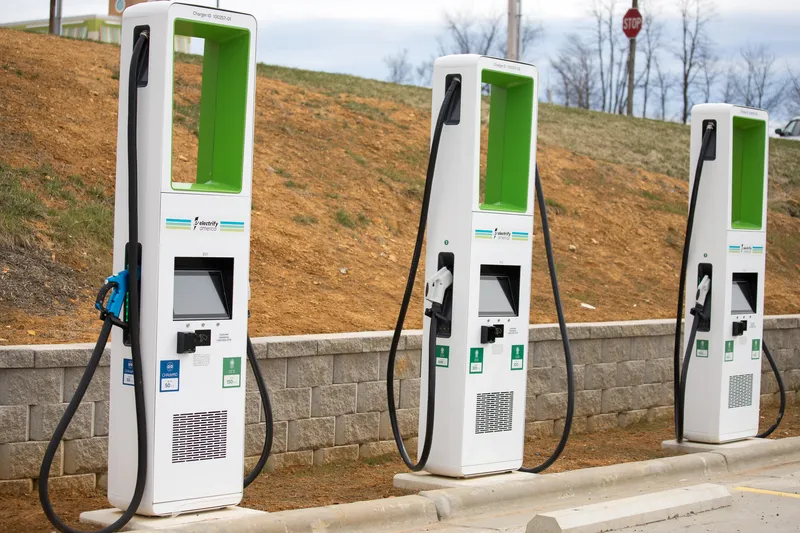The border-to-border vision of the West Coast Electric Highway moved closer to becoming a reality this week with the opening of new EV charging sites, extending the highway to the Canadian border and opening it to electric vehicle (EV) drivers from both countries. The Washington State Department of Transportation (WSDoT), along with electric charging station partner AeroVironment opened ten new public charging stations—seven along Interstate 5 and three along US Route 2 in northern Washington – that provide
May 31, 2012
Read time: 2 mins
RSSThe border-to-border vision of the West Coast Electric Highway moved closer to becoming a reality this week with the opening of new EV charging sites, extending the highway to the Canadian border and opening it to electric vehicle (EV) drivers from both countries.
The451 Washington State Department of Transportation (WSDoT), along with electric charging station partner 2132 AeroVironment opened ten new public charging stations—seven along Interstate 5 and three along US Route 2 in northern Washington – that provide EV drivers the ability to travel emission-free from Seattle to the Canadian border.
“Today moves us a giant step closer to the day when we can drive our electric cars from Bellingham, Washington to San Diego, California along Interstate 5, secure in the knowledge we can quickly recharge our vehicles along the way,” said Washington Governor Chris Gregoire.
Eight of the 10 new charging stations in Washington feature AeroVironment’s state of the art “DC fast chargers,” which deliver a full charge for a nearly-depleted EV battery in less than 30 minutes.
The West Coast Electric Highway is a vision for a transportation corridor from the Canadian to Mexican borders, connecting California, Oregon and Washington along I-5 that fully supports electric vehicles.
The
“Today moves us a giant step closer to the day when we can drive our electric cars from Bellingham, Washington to San Diego, California along Interstate 5, secure in the knowledge we can quickly recharge our vehicles along the way,” said Washington Governor Chris Gregoire.
Eight of the 10 new charging stations in Washington feature AeroVironment’s state of the art “DC fast chargers,” which deliver a full charge for a nearly-depleted EV battery in less than 30 minutes.
The West Coast Electric Highway is a vision for a transportation corridor from the Canadian to Mexican borders, connecting California, Oregon and Washington along I-5 that fully supports electric vehicles.







